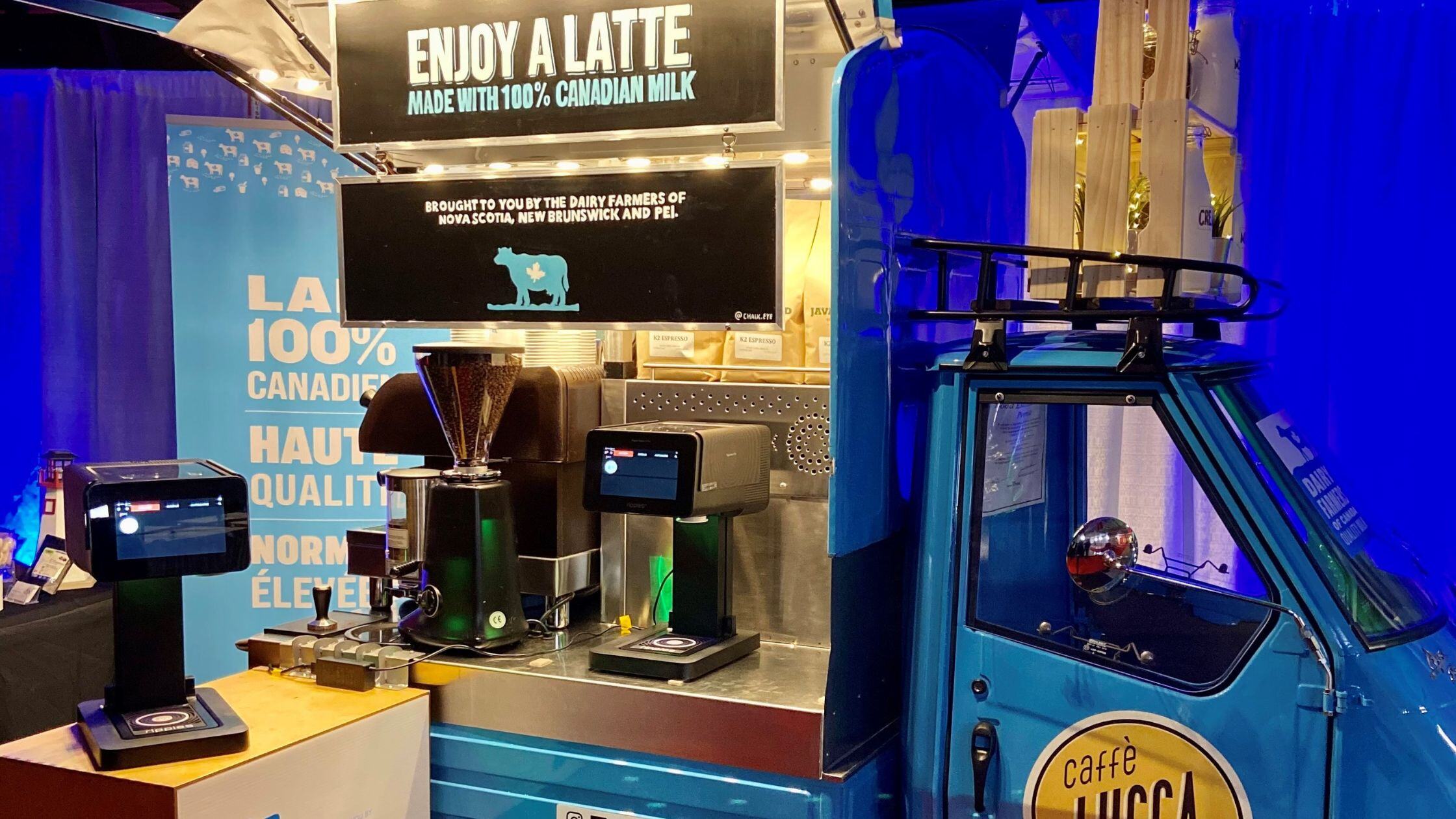Personalization has become a cornerstone of modern marketing strategies, enabling brands to deliver targeted messages and tailored experiences that resonate on a personal level with consumers. In experiential marketing, personalized approaches enhance engagement by addressing individual preferences, behaviours, and interests.
The Importance of Personalized Experiences
Consumers increasingly expect personalized interactions with brands, seeking experiences that are relevant, meaningful, and aligned with their unique preferences:
- Customized Experiences: Offering personalized elements within experiential activations, such as interactive displays that adjust content based on consumer inputs or preferences.
- Data-Driven Insights: Leveraging consumer data and analytics to segment audiences and create personalized experiences that cater to specific demographics, psychographics, or purchase histories.
Case Studies of Successful Personalization
- Netflix's "Stranger Things" Pop-Up: Netflix created a personalized "Stranger Things" themed pop-up experience where visitors could interact with show-inspired sets and characters based on their favourite episodes and characters, enhancing engagement among fans.
- ECMA's Edible Printer: At the East Coast Music Awards, our personalized experiential marketing campaign took centre stage with a touch of culinary innovation and local pride. Partnering with Caffe Lucca, we transformed the red carpet into a aromatic coffee bar, delighting guests with a unique latte experience. At the heart of our setup was an edible food printer, which allowed us to customize each latte with intricate designs. Collaborating with Dairy Farmers of Canada, we ensured every cup was crafted from 100% Canadian Milk. As the stars sipped their lattes, the fusion of artisanal coffee, customization, and a strong sense of Canadian community made for a memorable and engaging experience, perfectly capturing the essence of the event.
- Cadillac's Virtual Test Drive: Cadillac introduced a virtual reality test drive experience that allows potential customers to explore different car models and features tailored to their preferences, providing a personalized preview of the Cadillac driving experience.
Strategies for Implementing Personalization
To effectively implement personalization in experiential marketing:
- Capture Consumer Insights: Use surveys, social listening, and behavioral data to understand consumer preferences and tailor experiences accordingly.
- Dynamic Content: Employ technologies like AI and real-time content customization to adapt experiences in response to consumer interactions and feedback.
- Create Emotional Connections: Personalized experiences that resonate emotionally with consumers are more likely to leave a lasting impression and drive brand loyalty.
By prioritizing personalization in experiential marketing strategies, brands can create deeper connections with consumers, increase engagement levels, and ultimately drive conversion and advocacy through tailored, meaningful experiences.

